Cats are mysterious creatures, often displaying behaviors that are both puzzling and endearing. When you’re feeling under the weather, your feline friend may act in ways that are different from their usual behavior. Understanding these nuances not only strengthens the bond between you and your cat but also reveals their intuitive nature. Let’s delve into the 12 fascinating ways your cat might react when you’re sick.
Increased Cuddling
When you’re sick, your cat might suddenly become a cuddle expert. They seem to instinctively know when you need some extra warmth and comfort. It’s not uncommon for a cat to snuggle up beside you more often, purring softly as a way to soothe and comfort. This behavior can be likened to a furry blanket, wrapping you in warmth. Cats seem to sense a change in their human’s energy levels and respond with affection. This increased closeness is their way of showing empathy, even if they can’t verbalize it.
Heightened Alertness
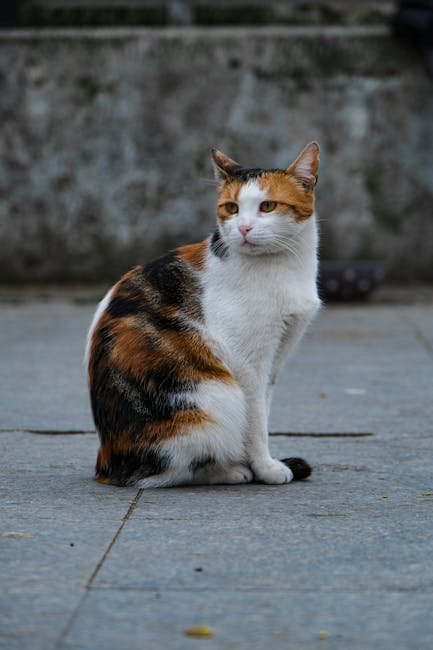
Have you ever noticed your cat watching you closely when you’re not feeling well? This heightened alertness is their way of keeping an eye on you. Cats are naturally curious and observant, and when something’s amiss with their human, they become more vigilant. They may follow you around the house, ensuring you’re okay. This behavior can be compared to a little guardian, always ready to jump into action if necessary. Their watchful eyes are a testament to their caring nature.
Gentle Playfulness
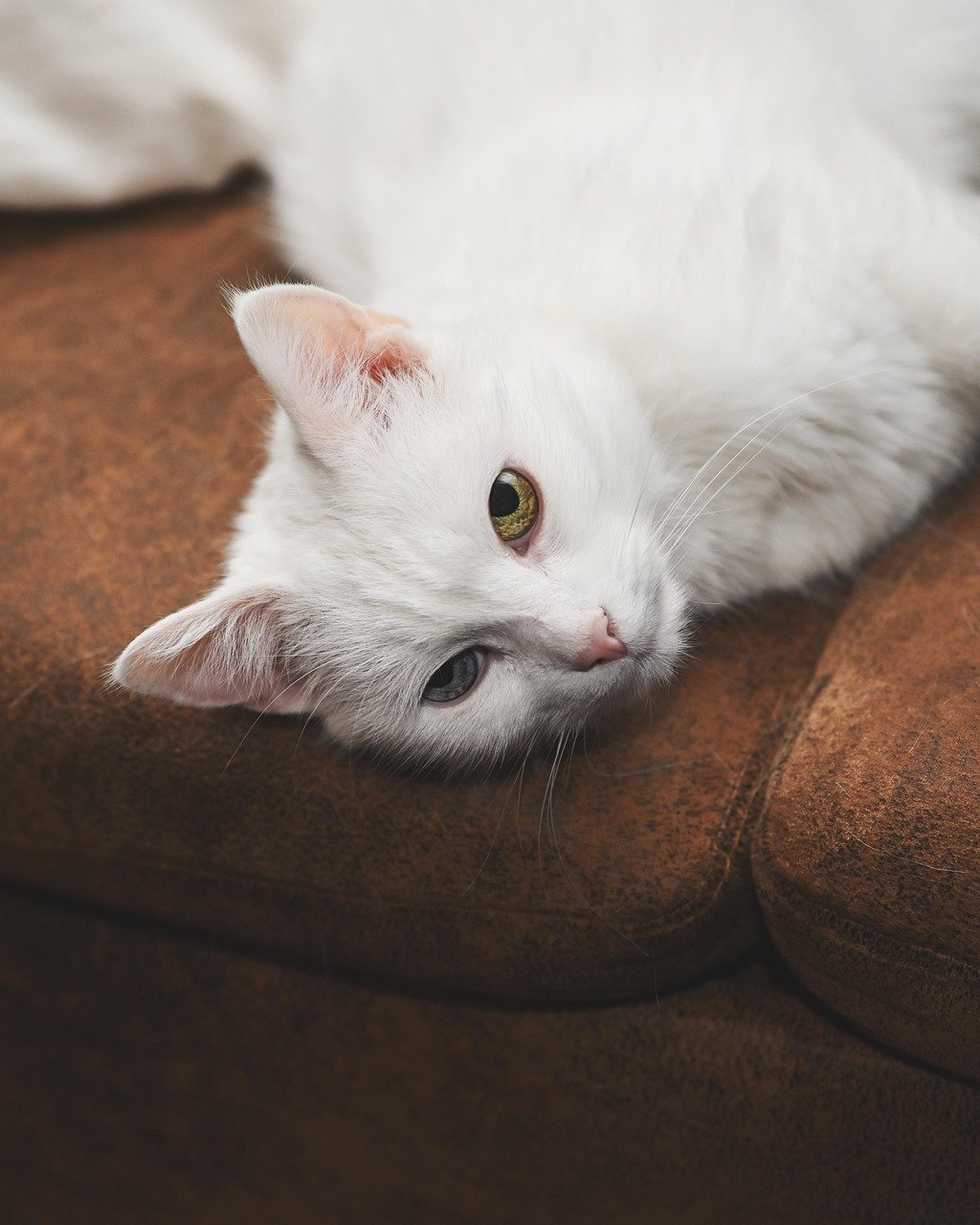
While cats can be playful creatures, when you’re sick, they might tone it down a notch. Instead of their usual energetic antics, they may opt for gentler forms of play. This could be a soft paw tap or a quiet game of hide and seek. It’s as if they understand that you need rest and are adjusting their behavior accordingly. This subtle shift in playfulness is a sign of their adaptability and empathy. They want to engage with you but in a way that doesn’t overwhelm.
Bringing Gifts
Cats are known for presenting their humans with “gifts,” often in the form of toys or, in some cases, small creatures. When you’re unwell, this behavior might increase, as they attempt to lift your spirits. It’s their way of showing they care and want to make you happy. This gesture can be likened to a friend bringing you soup when you’re sick. Although their offerings might not always be appreciated, the sentiment behind them is pure and loving.
Following You More Frequently
If you notice your cat shadowing your every move when you’re unwell, it’s a sign of their concern. Cats are territorial creatures, and when their human is ill, they may feel the need to stay close. This behavior is similar to a loyal companion, always by your side. They might follow you from room to room, ensuring you’re never alone. Their constant presence is a comforting reminder that you’re cared for, even in your most vulnerable moments.
Increased Vocalization
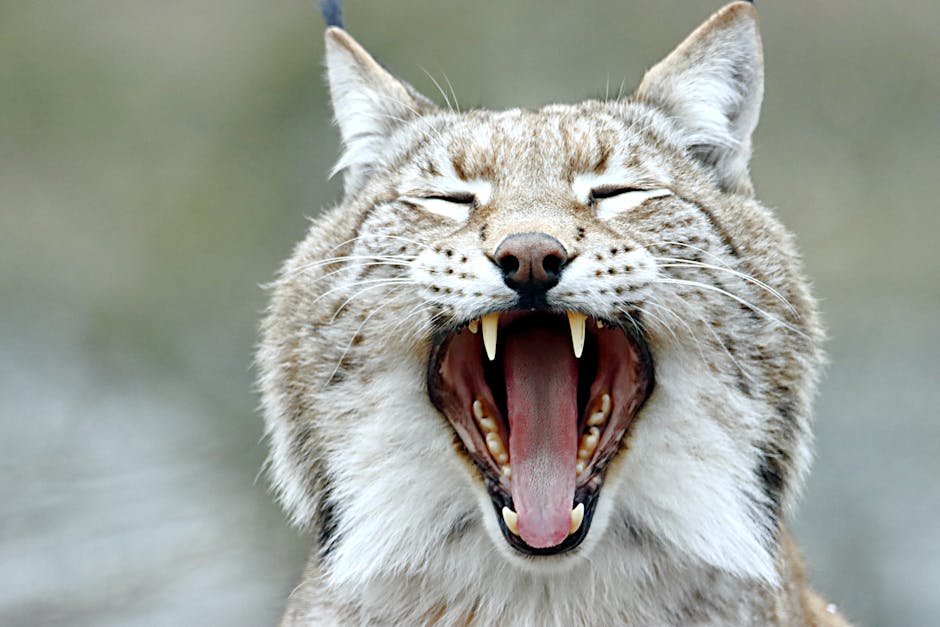
Cats communicate through a variety of sounds, and when you’re sick, they might become more vocal. This increase in vocalization is their way of checking in on you. They might meow more frequently, as if asking, “Are you okay?” It’s a gentle reminder that they’re there for you, ready to offer support. This behavior is akin to a friend calling to see how you’re doing. Their meows might not be words, but the intention behind them is clear and heartfelt.
Reduced Activity Levels
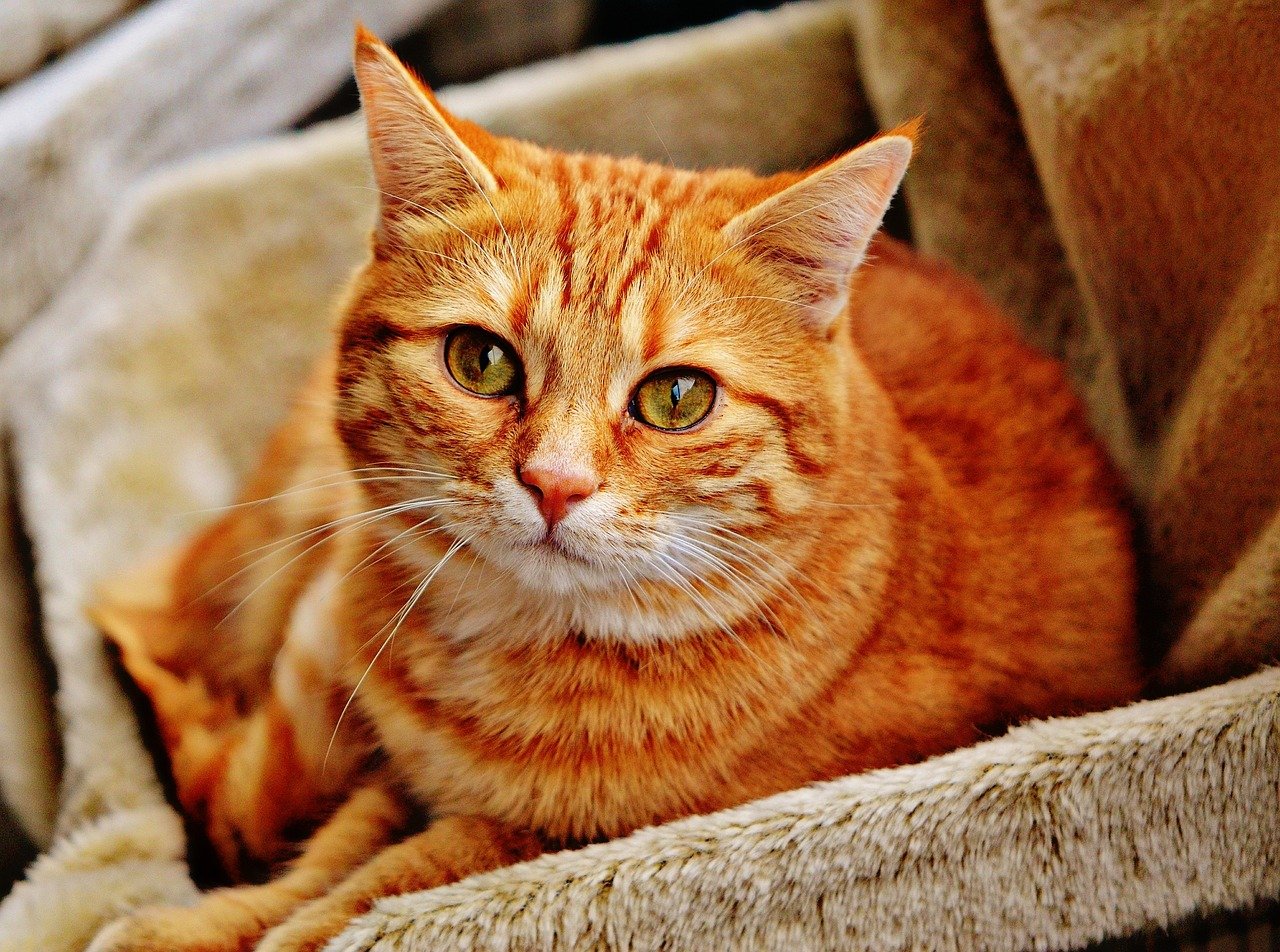
When you’re feeling under the weather, your cat might mirror your reduced energy levels. They may choose to nap more or simply lounge around the house. It’s as if they understand that rest is essential for recovery and are joining you in solidarity. This behavior can be compared to a friend who decides to watch movies with you instead of going out. Their willingness to adapt to your pace is a testament to their empathetic nature.
Protective Behavior
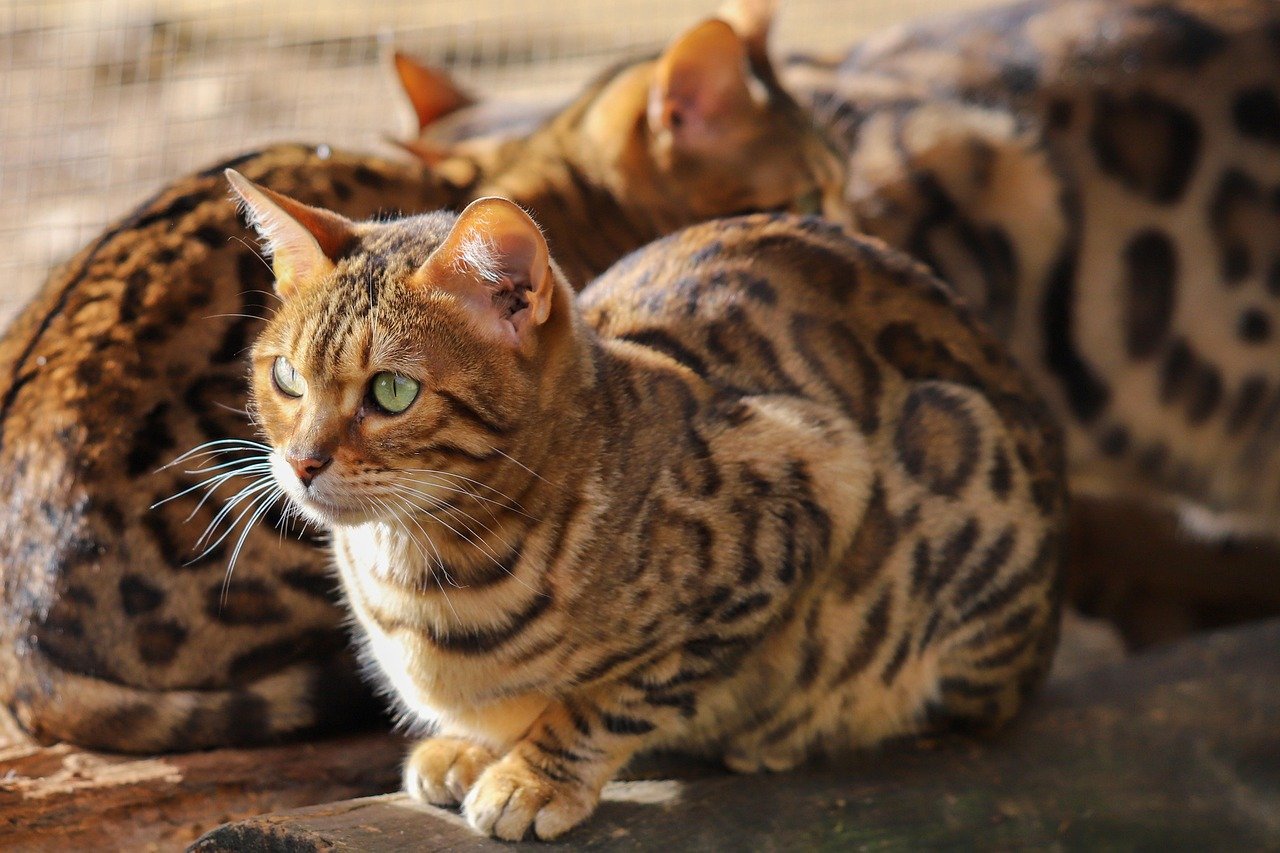
Cats can become quite protective when their loved ones are ill. This might manifest as them sitting by the door or being more territorial. They want to ensure that no harm comes to you while you’re vulnerable. This behavior is akin to a sentinel, standing guard to keep you safe. Their protective instincts are a clear indication of their deep bond with you. They might not wear a cape, but their intentions are heroic nonetheless.
Displaying Affection Through Grooming
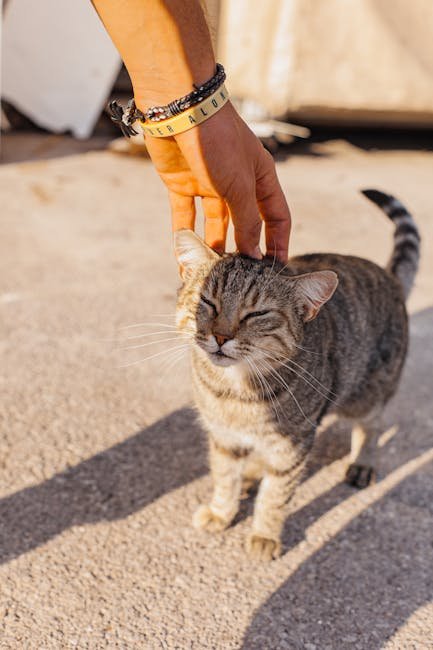
Cats are meticulous groomers, and when you’re sick, they might extend this behavior to you. They may lick your hand or nuzzle against your face, sharing their grooming rituals. This act of affection is like a gentle reminder that you’re not alone. It’s their way of offering comfort and care, similar to how a parent tends to a child. This tender gesture is a heartfelt expression of their love and concern.
Bringing Comfort Items
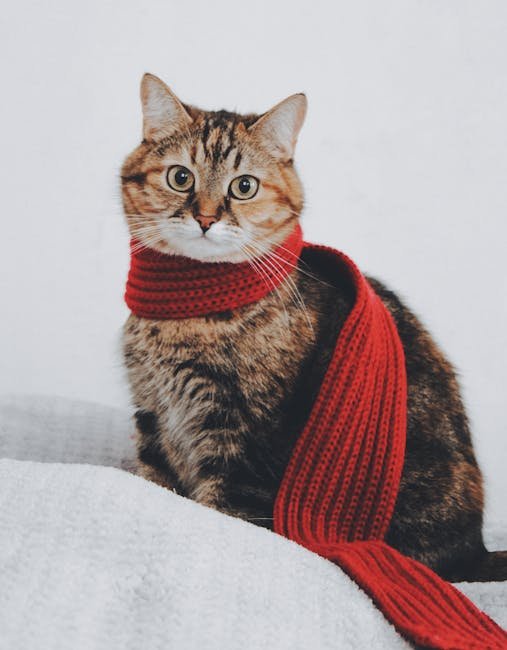
Some cats have a habit of bringing their favorite toys or blankets to their humans when they’re not well. It’s their way of offering a piece of comfort. This behavior is akin to a child sharing their favorite teddy bear. It’s a touching gesture that shows they want to contribute to your well-being. Their understanding of comfort, even in the simplest forms, is a testament to their intuitive nature.
Increased Eye Contact
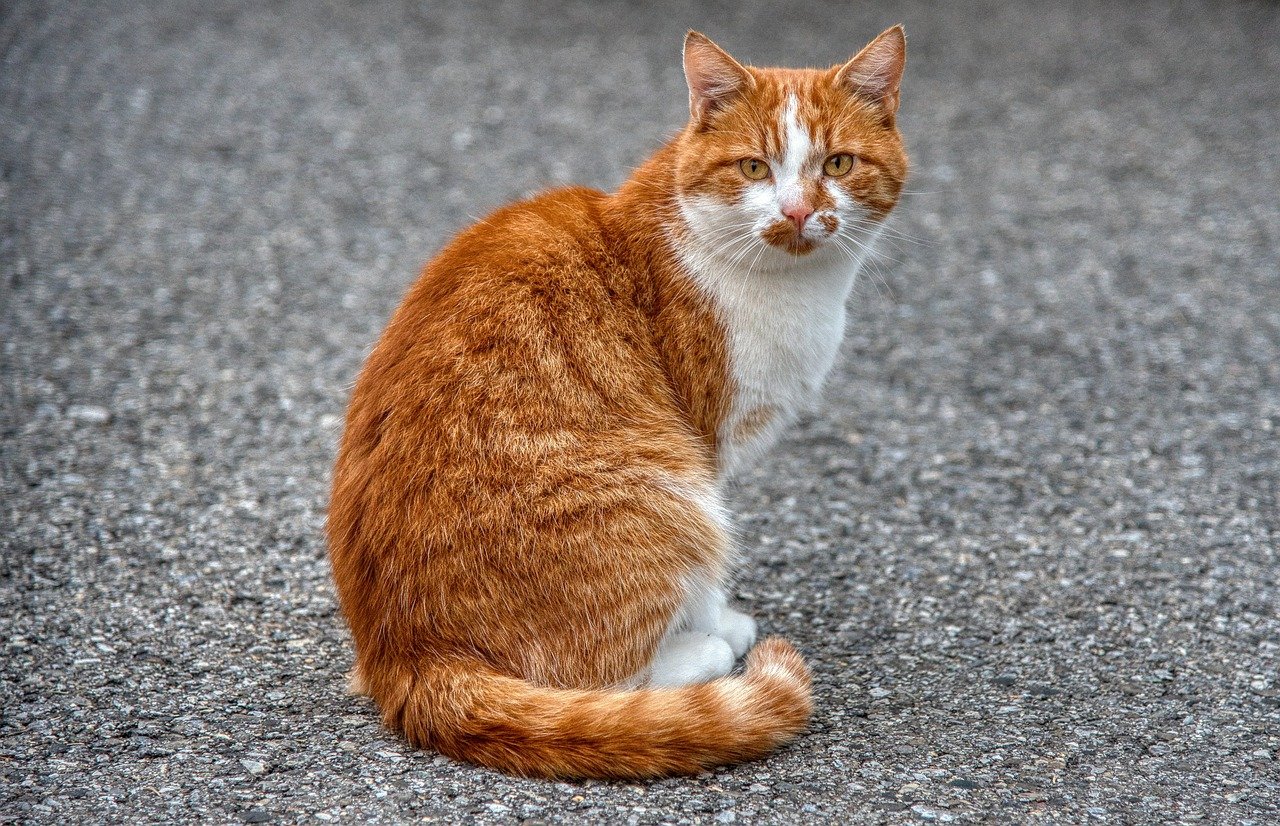
Cats communicate a lot through their eyes, and when you’re sick, you might notice more intense eye contact. This increased gaze is their way of connecting with you on a deeper level. It’s as if they’re saying, “I’m here for you.” This behavior can be likened to a silent conversation, where no words are needed. Their eyes, filled with concern, are a window to their caring soul.
Changes in Eating Habits
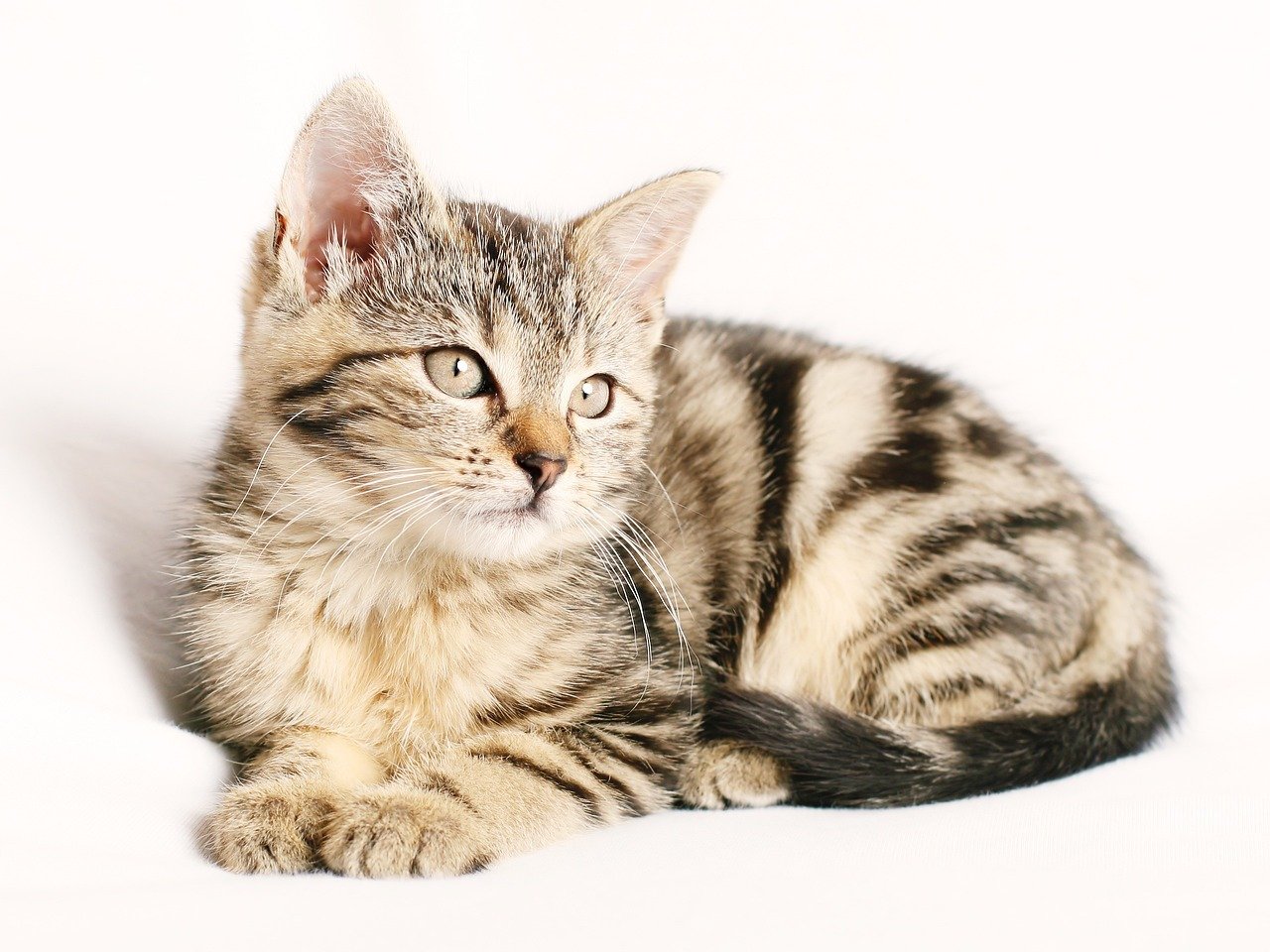
Some cats might alter their eating habits when their human is sick. They might eat less, perhaps as a sign of solidarity. It’s as if they’re picking up on your discomfort and adjusting their routine accordingly. This behavior is similar to a friend who might skip a meal to sit by your bedside. Their willingness to share in your discomfort is a touching testament to their loyalty and empathy.
In conclusion, cats are intuitive creatures that often sense when their human is unwell. Their behaviors, from increased cuddling to protective instincts, are expressions of their unique way of offering care and support. Understanding these reactions not only deepens the bond between you and your feline friend but also showcases the incredible empathy and intelligence that cats possess.
Hi, I’m Bola, a passionate writer and creative strategist with a knack for crafting compelling content that educates, inspires, and connects. Over the years, I’ve honed my skills across various writing fields, including content creation, copywriting, online course development, and video scriptwriting.
When I’m not at my desk, you’ll find me exploring new ideas, reading books, or brainstorming creative ways to solve challenges. I believe that words have the power to transform, and I’m here to help you leverage that power for success.
Thanks for stopping by, Keep coming to this website to checkout new articles form me. You’d always love it!






